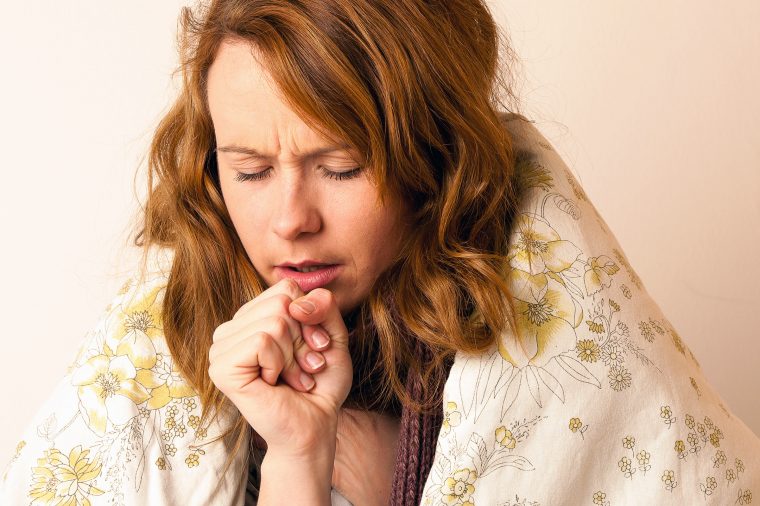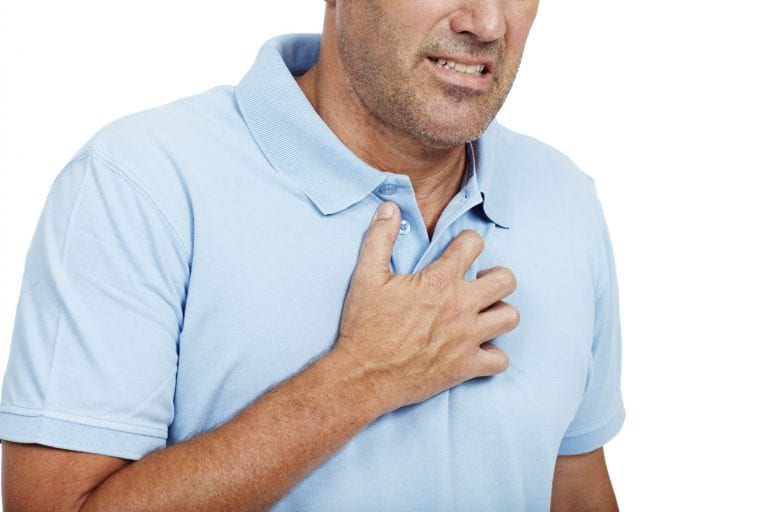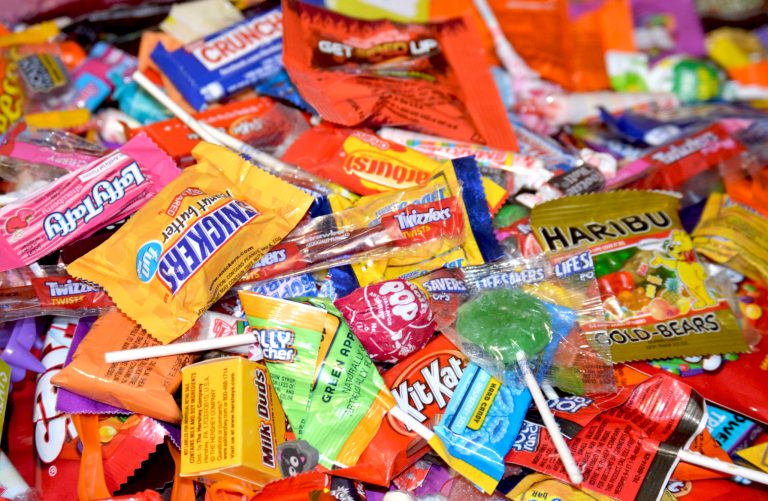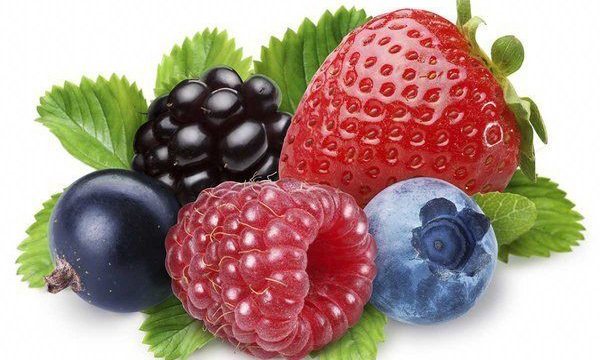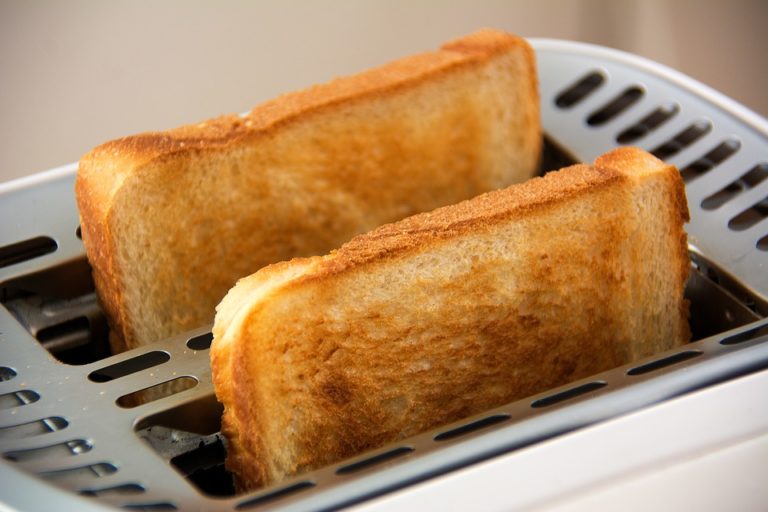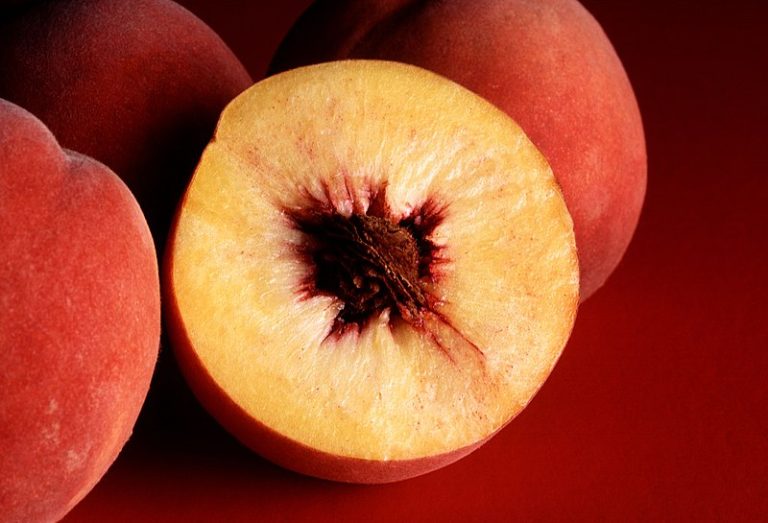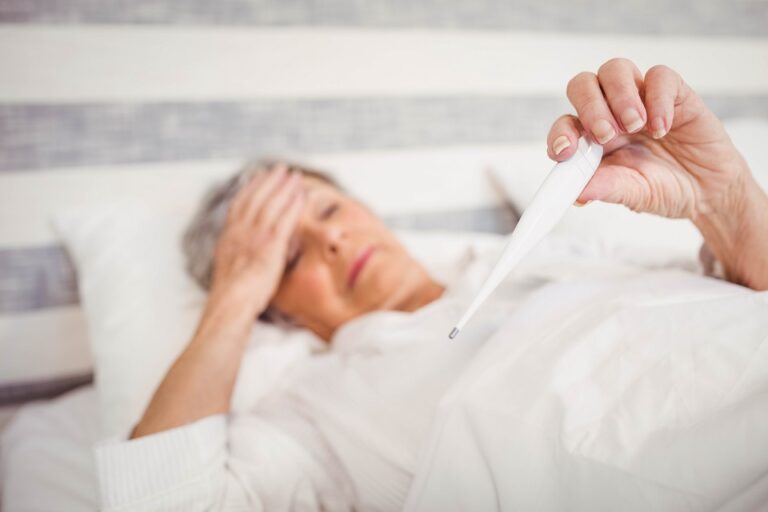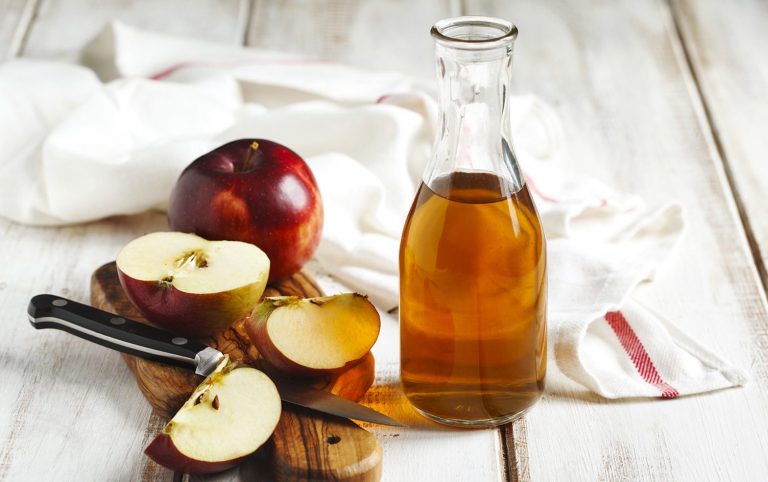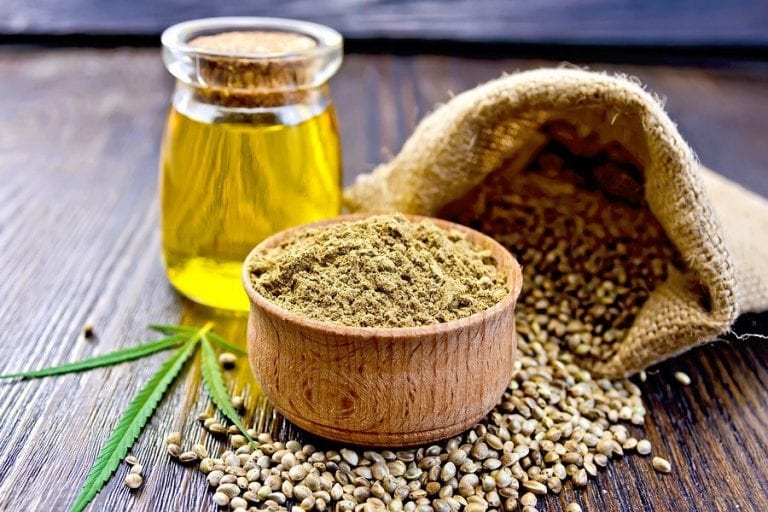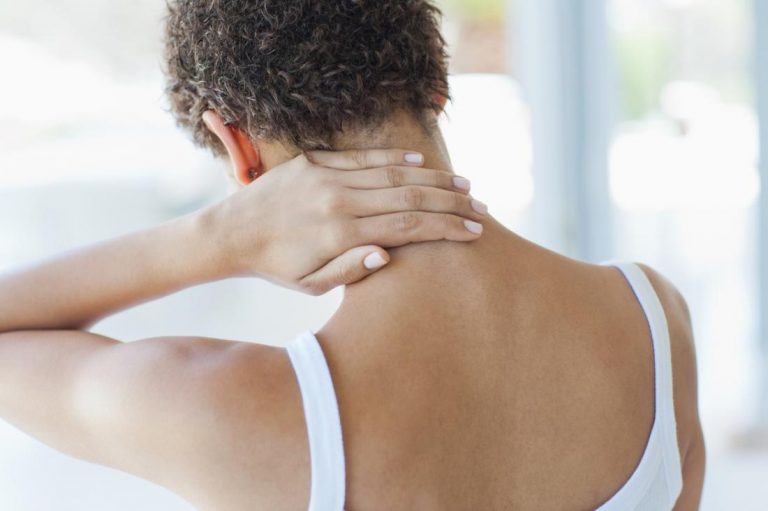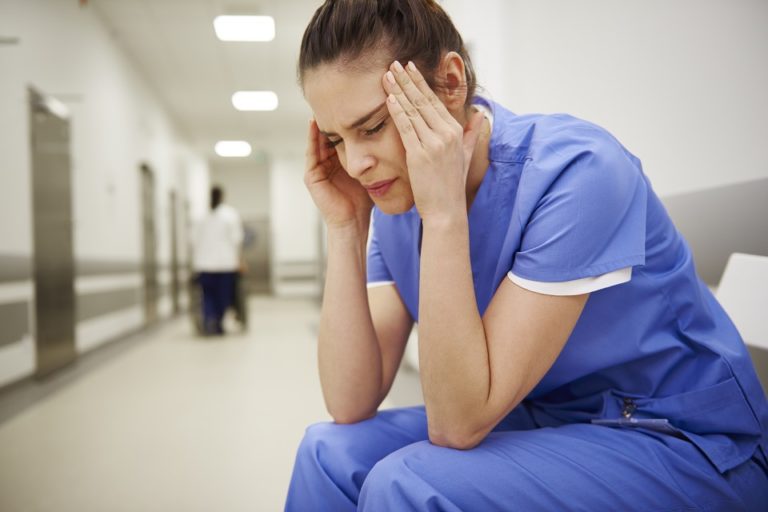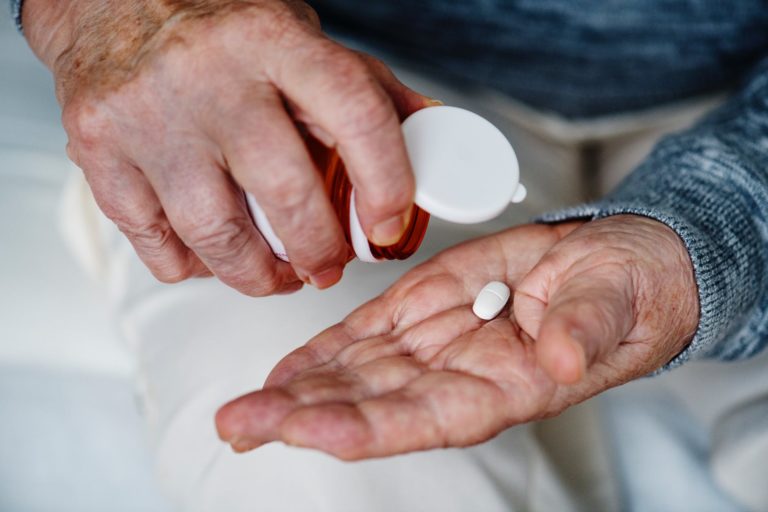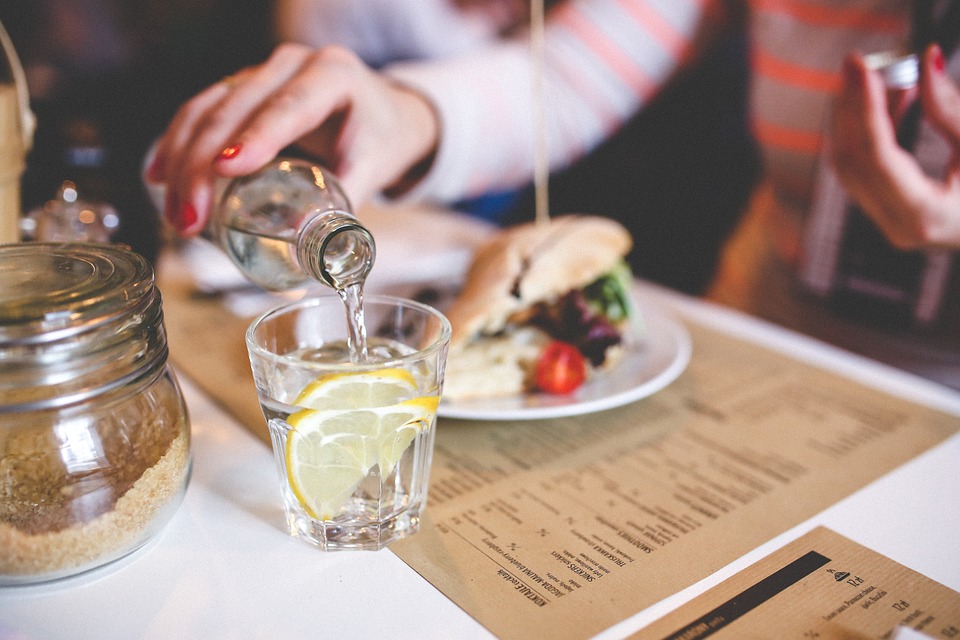
From stopping belly bloat to warding off diseases, getting enough water is one of the most important things you can do, because your body depends upon water to function properly. There are some drastic physiological effects, so it’s better not to find out what happens when you don’t drink enough water.
Still, some people barely drink any water. And when these people do drink, they might drink belly-busting beverages like soda or fruit juice. While you will get some water and hydration from these things—and you can get water from certain water-rich foods—you should still make hydration from plain water a priority.
Find out what can happen if you don’t drink enough water by reading this article!
You gain water weight.
It sounds counter-intuitive, but skimping on drinking water can actually cause water retention and temporary weight gain. “When you’re not drinking enough [water], your body holds every drop to prevent severe dehydration,” says Abbey Sharp, RD.
Your energy drops.
Feeling groggy? Skip the caffeine and drink water instead. “Yes, you should drink plenty of water during the day to stay hydrated. In fact, even slight dehydration can significantly drain your energy levels,” Erin Palinski-Wade, RD, CDE explains.
You lose focus.
The fundamental element of life is also essential to finding great ideas. Made of 80 percent water, your brain’s abilities and functions seriously depend on it. Even slight dehydration impairs its abilities, making any eurekas a challenge. A study in the journal Nutrients found that drinking water can prevent memory and attention decline.
Your risk of stroke increases.
Not only can dehydration make you take longer for you to recover from a stroke, but it can actually make it worse, according to a study in BMC Cardiovascular Disorders. Not a huge fan of straight, nothing-added water? Try a fruity detox water to hydrate you while giving you an extra squeeze of citrus and other bloat-busters.
You get crankier.
Feeling cranky? Forgoing H2O may be the worst thing you could do. Two studies from the University of Connecticut put men and women through a series of cognitive tests and found that even being mildly dehydrated affected their moods and caused fatigue and headaches.

You feel hungrier.
It’s very common to confuse hunger with dehydration. If your stomach is growling, your best bet is to drink some water. “Try drinking water and waiting 20 minutes before grabbing that snack you’ve been eyeing,” says nutritionist Amy Shapiro, MS, RD. She also urges replacing sugary drinks like soda, juices, or sports drinks with water.
Your metabolism tanks.
Nixing water from your diet can seriously derail your weight loss plans, proven by a study from The Journal of Clinical Endocrinology and Metabolism. After drinking approximately 17 ounces of water (about two tall glasses), participants’ metabolic rates increased by 30 percent. The researchers estimate that increasing water intake by 1.5 liters a day (about six cups) would burn an extra 17,400 calories over the course of the year—a weight loss of approximately five pounds!
You get headaches.
Before you reach for the Tylenol, try chugging water when your head hurts. The previous study we just mentioned found dehydration can also lead to headaches.
Your skin worsens.
Water helps to plump up your skin, so you should be able to imagine what dehydration will do. When you don’t drink enough water, the collagen begins to crack and bind together, causing fine lines and wrinkles to get more noticed. We rely on water to keep our insides sufficiently hydrated, too. So when you ditch it, expect your mouth, skin, and everything else to feel drier than normal.



